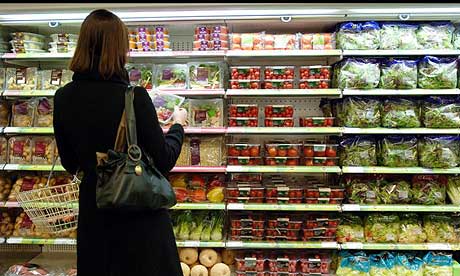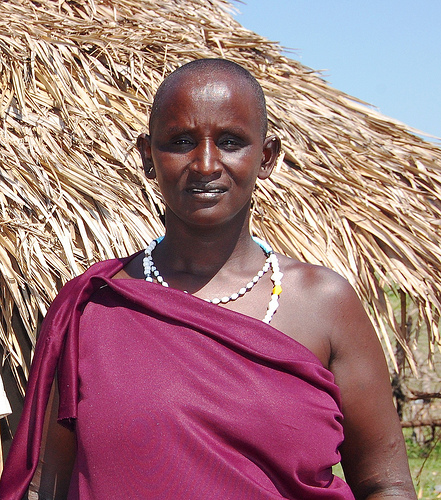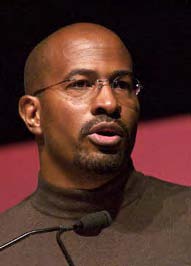Food MythBusters Seeks To Change Food Industry Online
In recent years more Americans have become conscientious about the food they eat. Activist Frances Moore Lappé helped to start this food revolution in the 1970s with her best-selling book, Diet for a Small Planet, which argues that grain-fed meat production is wasteful and a contributor to global food insecurity. She resolves that world hunger is not caused by a lack of food, but rather by poor food policies dictated mostly by big business (Big Ag).
Poor access to healthy, nutritious foods continues to be a problem in the United States, as the rates for obesity, diabetes and heart disease grow rapidly. While many of the problems addressed in Diet for a Small Planet have only gotten worse, a new generation of food activists – literally – are fighting Big Ag with the use of social media and multimedia storytelling.
Anna Lappé, Frances Moore Lappé’s daughter, recently launched Food MythBusters, a user-friendly online resource center “to combat pervasive industry myths about the food we eat and how it’s grown.”
I was invited to a pre-website launch event last week, where the Lappés talked about their new initiative.
“Sustainable farming does work,” said Anna Lappé. ”The food industry has given the impression that growing sustainable food and solving world hunger are two different things, when in fact, they can both work together.”
During the event Lappé premiered the video below to the audience. In the animated short film, it explains three main food myths being pushed by Big Ag and what she thinks are real solutions for many agriculture problems.
Food MythBusters is a collaborative of many US-based food justice organizations like the Food Chain Workers Alliance, Food & Water Watch and Slow Food USA. The website and video production are done by Free Range Studios, one of the country’s leading cause-based online video companies.
The ultimate goal of the website is to use short films to talk about food politics and getting users to take action. This video is geared towards getting Californians to vote yes on Proposition 37,which would require labeling of genetically modified foods.
Organizations like Food MythBusters and Forest Whitaker’s PeaceEarth are part of a growing movement of digital activists who see the importance of using video to advance social change. Being able to see a problem first hand in a well-shot video that provides fair and balanced information and resources on a subject, whether it be on food security or conflict resolution, makes viewers more likely to want to proactively do something about it.
As Frances Moore Lappé said, any great social movement begins with communicating with each other about the problem and taking action.
“Hope is not what we find in evidence; it is what we find in action,” she said.


